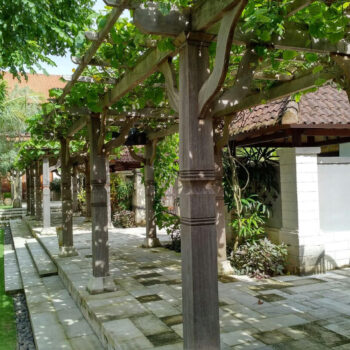
Organizational Coaching and Professional Development: A Valuable Partnership
Principle Four: Provision of Interpersonal Support to Contain the Anxiety
Learning from education/training may be difficult to absorb (anxiety provoking, dissonant with self-image, dissonant with current social constructions of reality). The coaching relationship is a safe place in which to address this difficult learning. This relationship provides a supportive, safe and private setting. Nevitt Sanford suggests that we must always find sufficient interpersonal support to match the challenge of profound learning—otherwise the potential learning experience is overwhelming.
This principle played a central role in the creation of performance coaching laboratories inside an intensive professional development program that I was conducting with a colleague (Steven Phillips) through a consortium of American colleges and universities in the Pacific Northwest. As in the case of the example used with Principle Three, this program involved faculty members. However, it was not a program to train faculty development consultants; rather, it was to train faculty members as collegiate instructors in new ways to engage students in the teaching/learning process. These innovations in education can be quite threatening to senior faculty members who have always done things in the traditional manner. In this Pacific Northwest program there had previously been little success with regard to teaching new tricks (more interactive teaching methods) to old dogs (seasoned faculty members) The excitement of an instructional improvement workshop soon wore off when faculty members returned to their routines of lecturing to uninspired youth in large classrooms.
In order to reduce some of the anxiety associated with these educational innovations and to test out the learning in a realistic (yet safe) setting, the week-long, residential faculty development workshops included performance-based coaching sessions (called Teaching Laboratories), where faculty members tried out the new instructional methods. These teaching labs included four or five other participants in the workshop as well as a coach/facilitator. The faculty member offered a brief sample of their teaching, making use of one of the new methods (such as guided design or role playing). The performance coach and other workshop participants offered feedback (based on criteria provided by the faculty member) as well as suggestions for ways in which to modify the teaching strategy. The faculty member usually taught the same teaching sample a second time, making use of the feedback and suggestions they received.
- Posted by Bill Bergquist
- On September 8, 2011
- 0 Comment

Leave Reply